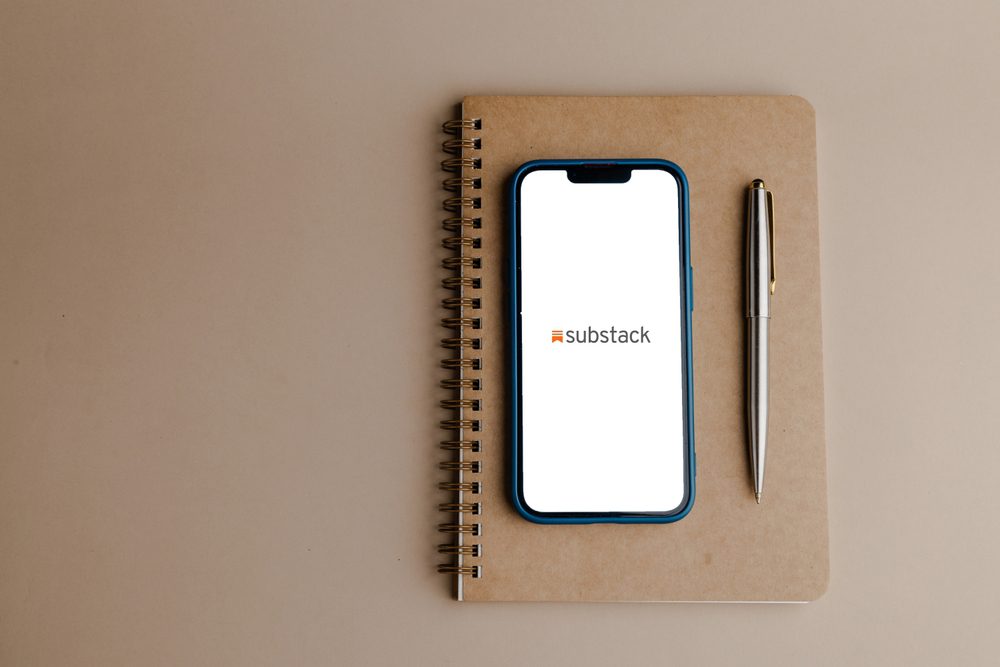In March of this year Claria, originator and pioneer of the modern adware landscape, made the intriguing announcement that they planned to exit the adware business. They weren’t giving up tracking user behavior and serving relevant ads. They were, however, going to cease marketing to their existing user base of at least forty million people that they had spent almost eight years building. Their new strategy involves focusing on offering users a dynamic, customized home page portal that they call PersonalWeb. The company shows ads on this page using their BehaviorLink ad serving platform and requires a download to operate.
As a marketer, I have long respected Claria and tend to say favorable things about their achievements. They generally operated ahead of others – whether it be on the now frowned upon ActiveX buys to cleaning up and offering industry leading notifications or their development of the underrated BehaviorLink, a concept which in its initial deployment didn’t quite scale, but could today with modern adservers offering cookie matching. Their decision to allow someone else to purchase their user base and focus on a more value added approach had some wondering if others would follow suit.
Yesterday a press release announced the latest change to the adware marketing landscape. It involves the acquisition of an install base, but not Claria’s. The release came from 180Solutions and touted its merger with Hotbar and the combined entity’s name change to Zango. No financial details were provided, only that the new organization “will continue to offer consumers an ever-increasing collection of free, sought-after online videos, games, music, tools and utilities.” According to John Cook, though, who covers the venture capital world for the Seattle Post-Intelligencer, the deal adds 10 million users and gives the combined entity a run rate of $100 million in yearly revenue. The two companies differed greatly though on the path they took to this merger.
Similar to Claria, Hotbar began with a truly value adding piece of software. Claria offered something that appealed to people’s sense of saving time; whereas, Hotbar appealed to people’s desire to express themselves. At least initially, it was something that people downloaded because they liked what it did, not because they clicked on an ActiveX. Hotbar spruced up the look and feel of Internet Explorer, which in 1999 and up to 2004 wasn’t much to look at. I think of them as the equivalent of getting a ringtone for a portion of your browser.
As interest in browser skins waned, Hotbar began offering new applications for users, which they did quite well, at least from a content perspective, with their enhanced emoticons for email and eventually chat. Paralleling the browser skin, the emoticon software also came with the Hotbar toolbar, which contained both advertising and non-advertising modules. I never did download Hotbar’s version, but I did try out a similar product from FunWebProducts (a division of iWon, then Ask Jeeves, and now IAC), and while slightly embarrassing, they are a lot of fun. That still doesn’t mean Hotbar was perfectly clean, having received uninstall issues and even suing Symantec for classifying it as adware.
While Hotbar spent more than seven years making “cuteware”, 180Solutions on the other hand has a much more sordid and less user sensitive history. In true Internet fashion, they are lead by a college dropout who, along with his brother and two high school friends, founded the company in 1999 calling it ePipo. The initial company followed in the footsteps of All Advantage by offering users a pay to surf program; for those unfamiliar, this business has users download a piece of software that displays ads on their screen, tracking individuals’ usage time, translating that attention into dollars.
The pay to surf model dried up faster than rain in the desert when accountability was demanded of online advertising. Unlike All Advantage who had a spectacular flame out, 180Solutions evolved. They removed all aspects of the actual product and began to show pop-ups. In 2003, thanks to their n-Case search assistant and new revenue model, they earned close to $20 million with healthy margins. They accomplished this after surviving a buggy product that saw high advertiser churn in its early days during 2002. What mattered though was distribution, i.e. how many installs you could get and at what price. In this respect, 180Solutions was a master.
Spyware experts have repeatedly charged 180Solutions with deceptive business practices arguably more than any other well-known adware firm, even lightening rod Claria. Unlike Claria, 180Solutions had a quasi-affiliate network for their product whereby developers could include their application along with their own. Such indirect relationships came back to bite the company on numerous occasions with the most well known being the Yapbrowser / child porn connection. Add onto this the claim that 180Solutions’ product, via its internal advertising team, MetricsDirect, in effect stole commissions earned by affiliates. As they controlled the software, they could re-route and affiliate link to appear as though it came from them and not the affiliate.
Hotbar makes products that some of our colleagues have. Unfortunately, they can’t get the revenue per download to a point where they can stay competitive with rising media costs. 180’s products on the other hand, n-Case and Search Assistant, no one really wants, as they offer nothing but ads to consumers, but they knew how to make money. Without explicitly saying it, 180 was a revenue kernel for those with download distribution. They managed the targeting and the ad sales. Now, though, the use of others’ products for distribution carries too many risks. Together, they need to catch up to speed with IAC in buying media for a consumer facing product, and doing it on their own wasn’t looking promising. Simply buying Claria’s user base with their cash wouldn’t have helped them stay around for the long term either, and chances are they didn’t have the cash left to buy it. Their revenues have supposedly dropped from $200k per day in Q1 ’05 to $75k per day in Q1 ’06. Hotbar couldn’t be much better off, and both have investors looking for something to happen. This isn’t the end all solution, but considering the available options, it’s a reasonable strategy for remaining a viable contender.
 Network
Network

